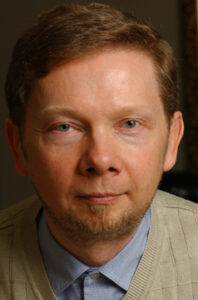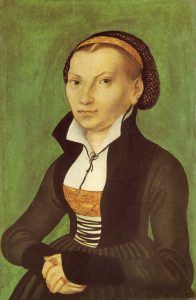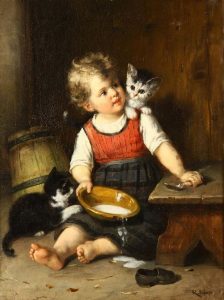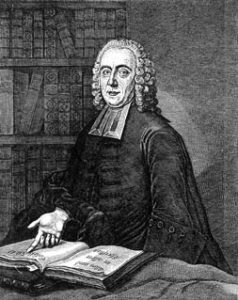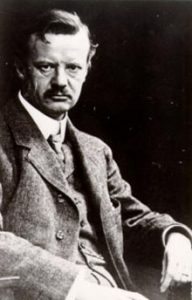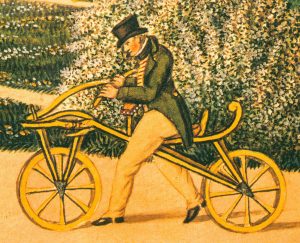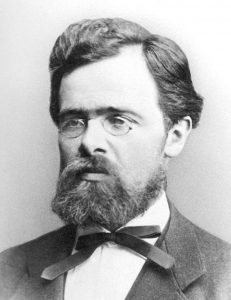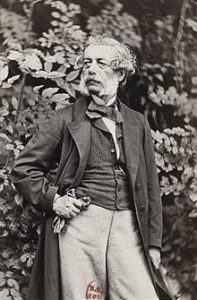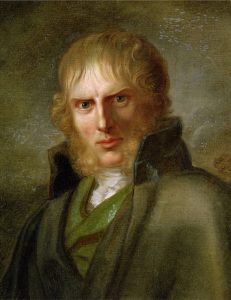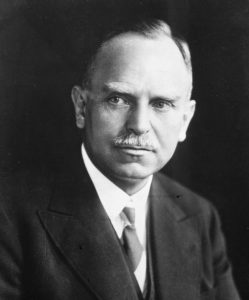Eckhart Tolle, a spiritual teacher and author, has had a profound impact on millions of people around the world with his teachings on mindfulness, presence, and the power of the present moment. Through his books, lectures, and retreats, Tolle has inspired countless individuals to embark on a journey of self-discovery and inner … [Read more...]
Katharina von Bora
Katharina von Bora, after her wedding Katharina Luther, also referred to as "die Lutherin", was the wife of Martin Luther, German reformer and a seminal figure of the Protestant Reformation. Beyond what is found in the writings of Luther and some of his contemporaries, little is known about her. Born into a noble but poor family on 29 January … [Read more...]
Rudolf Epp, the Man Who Loved Painting Cats
Rudolf Epp (July 30, 1834 - August 8, 1910) was a German realist painter, associated with the Munich School. Rudolf Epp was born in 1834 in Eberbach am Neckar, the son of a decorative painter. After he had started drawing from his own initiative and was artistically active, he was first taught by the landscape painter Karl Ludwig Seeger. He then … [Read more...]
The Man Who Founded the First Realschule
Johann Julius Hecker (December 2, 1707 – June 24, 1768) was a German educator who established the first Realschule and Prussia's first teacher-education institution. Hecker was born to a family of educators in Werden, then part of Prussia. As a young man, he formed an interest in theology and was drawn to pietism and the ideas of August Hermann … [Read more...]
Hans Spemann and the Beginnings of Cloning
Hans Spemann (born June 27, 1869, Stuttgart, Württemberg - died Sept. 12, 1941, Freiburg im Breisgau, Ger.), German embryologist who was awarded the Nobel Prize for Physiology or Medicine in 1935 for his discovery of the effect now known as embryonic induction, the influence exercised by various parts of the embryo that directs the development of … [Read more...]
Karl Drais, the Bicycle and Typewriter Inventor
Karl Freiherr von Drais (born on 29 April 1785 in Karlsruhe – died on 10 December 1851 in Karlsruhe as well) was a German forest official and significant inventor in the Biedermeier period. Drais was a prolific inventor, who invented the Laufmaschine ("running machine"), also later called the Velocipede, Draisine (English) or draisienne (French), … [Read more...]
Carl von Linde Who Gave the World the Refrigerator
Carl von Linde was a German engineer (born on June 11, 1842 – died on November 16, 1934). Linde was best known for his refrigeration and gas separation technologies. Carl von Linde was the first person to extract oxygen gas from the air, making it a commercially viable product and thus launching the industrial gas industry. He also developed modern … [Read more...]
Franz Xaver Winterhalter – German Painter Who Beautified the Royalty
Franz Xaver Winterhalter (20 April 1805 – 8 July 1873) was a German artist best known for his airy, idealized portraits of European royalty that were influenced by the Rococo and Neoclassical painting. Born in a small village in Germany's Black Forest, Franz Xaver Winterhalter left his home to study painting at the academy in Munich. Before … [Read more...]
Caspar David Friedrich
Caspar David Friedrich, (born on September 5, 1774, Greifswald, Pomerania [now in Germany] - died on May 7, 1840, Dresden, Saxony), was a 19th-century German Romantic landscape painter, generally considered the most important German artist of his generation. His vast, mysterious, atmospheric landscapes and seascapes proclaimed human helplessness … [Read more...]
Otto Hahn – German Chemist
Otto Hahn (1879-1968) was a German Chemist, who was awarded the Nobel Prize for Chemistry in 1944 – for his work in discovering nuclear fission. He was a distinguished chemist who worked in the pioneering fields of radio chemistry. After the Second World War, he was a campaigner against the use of nuclear weapons and became an influential … [Read more...]
- « Previous Page
- 1
- 2
- 3
- 4
- …
- 10
- Next Page »
